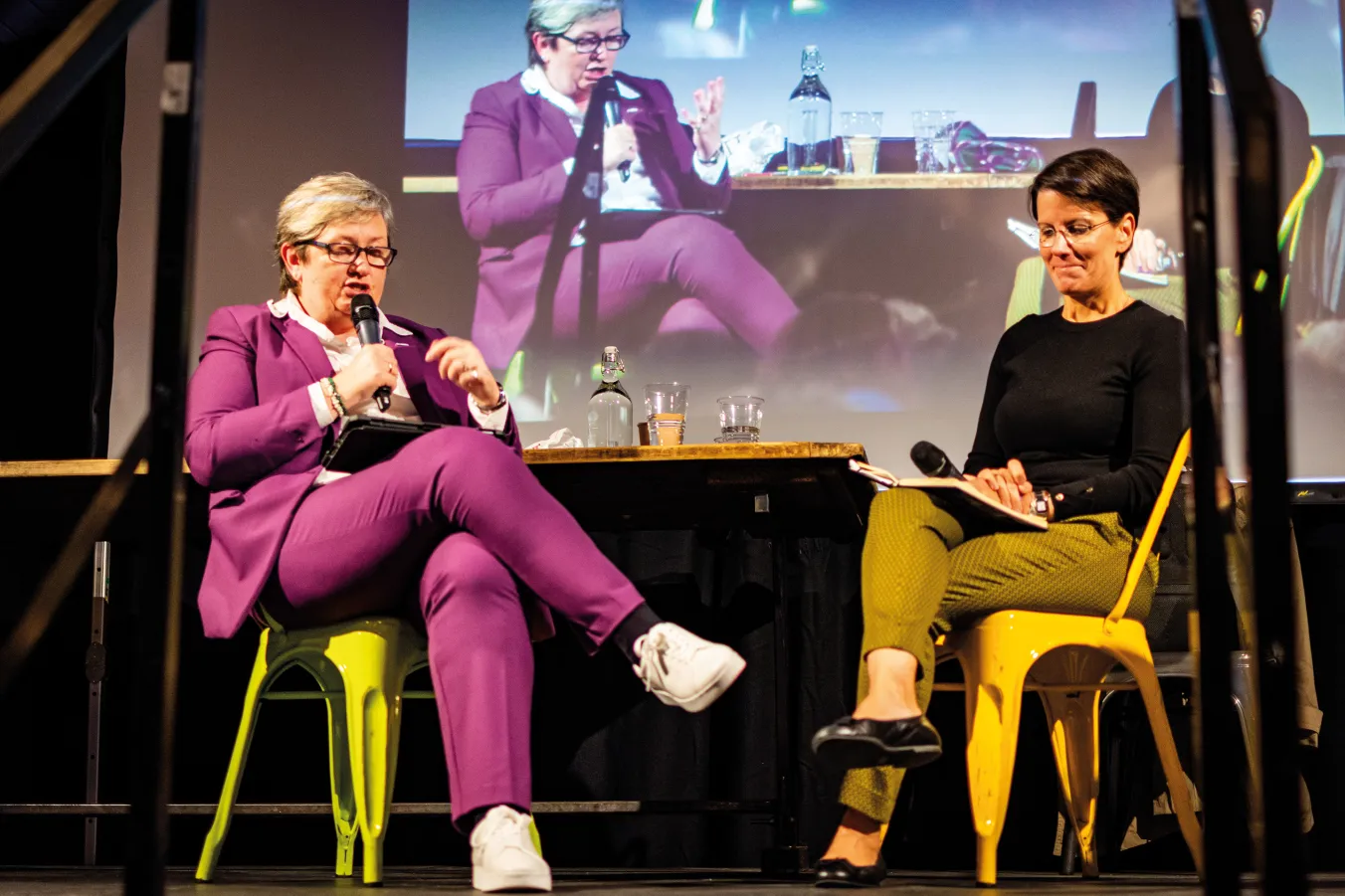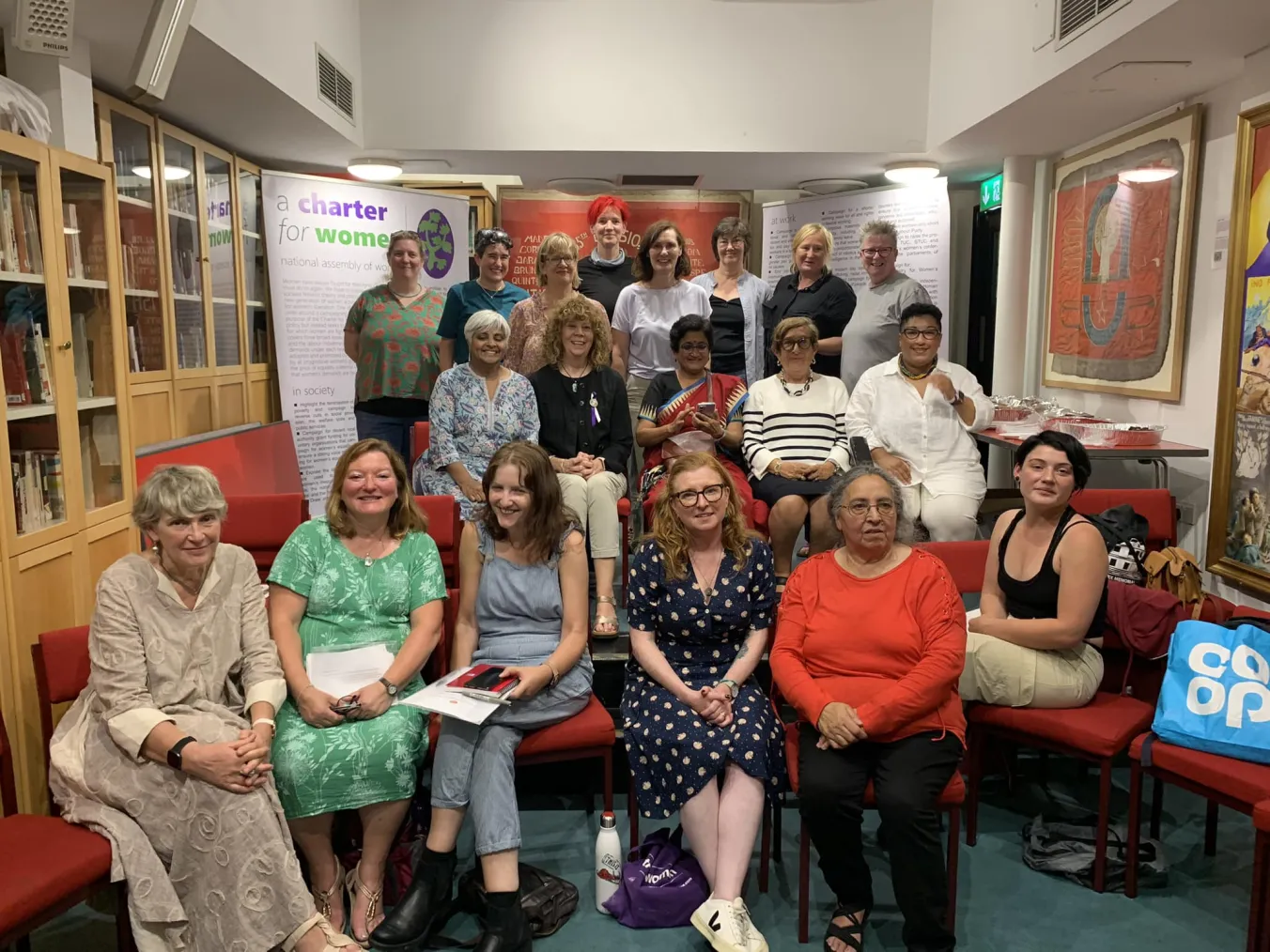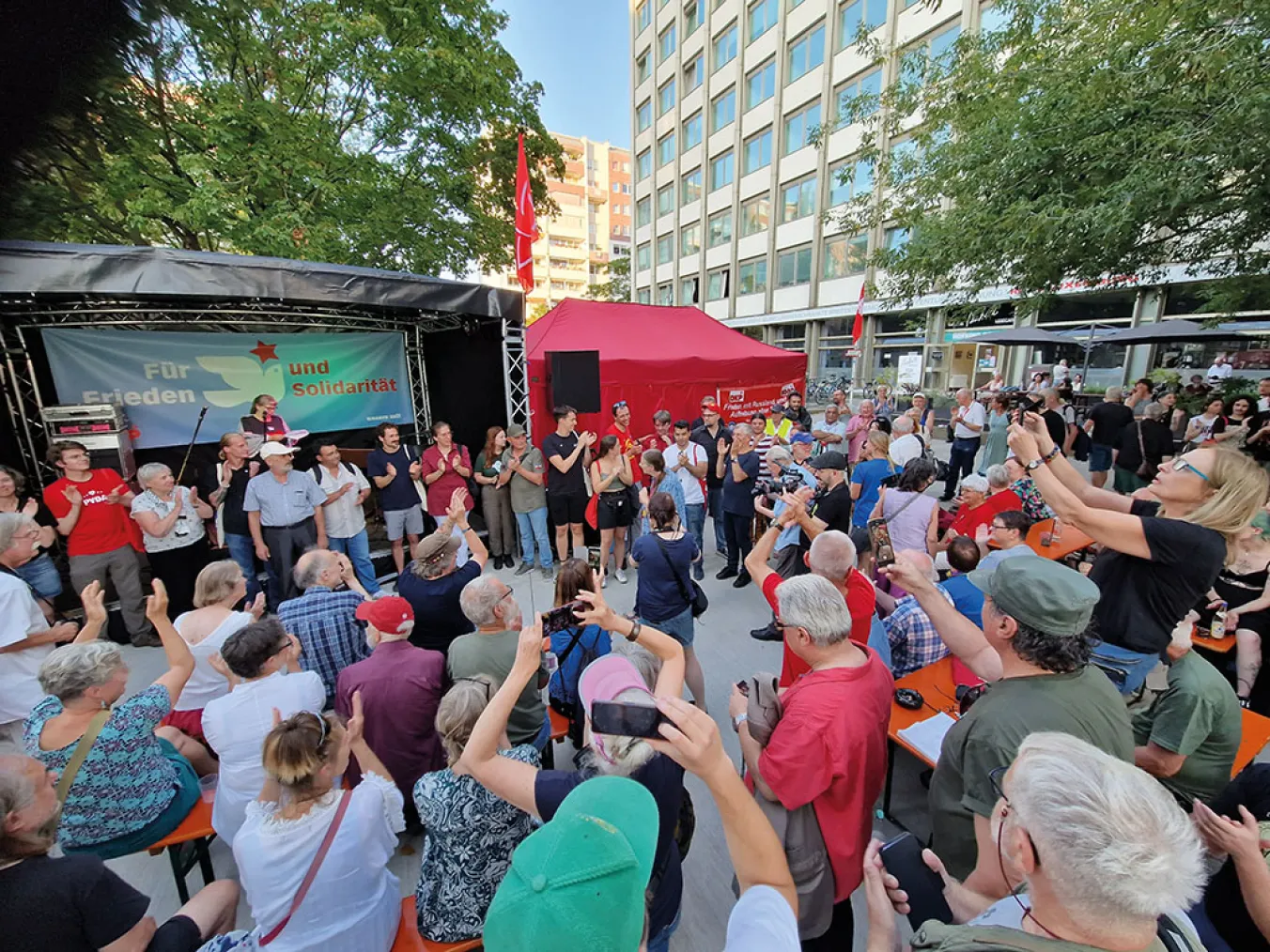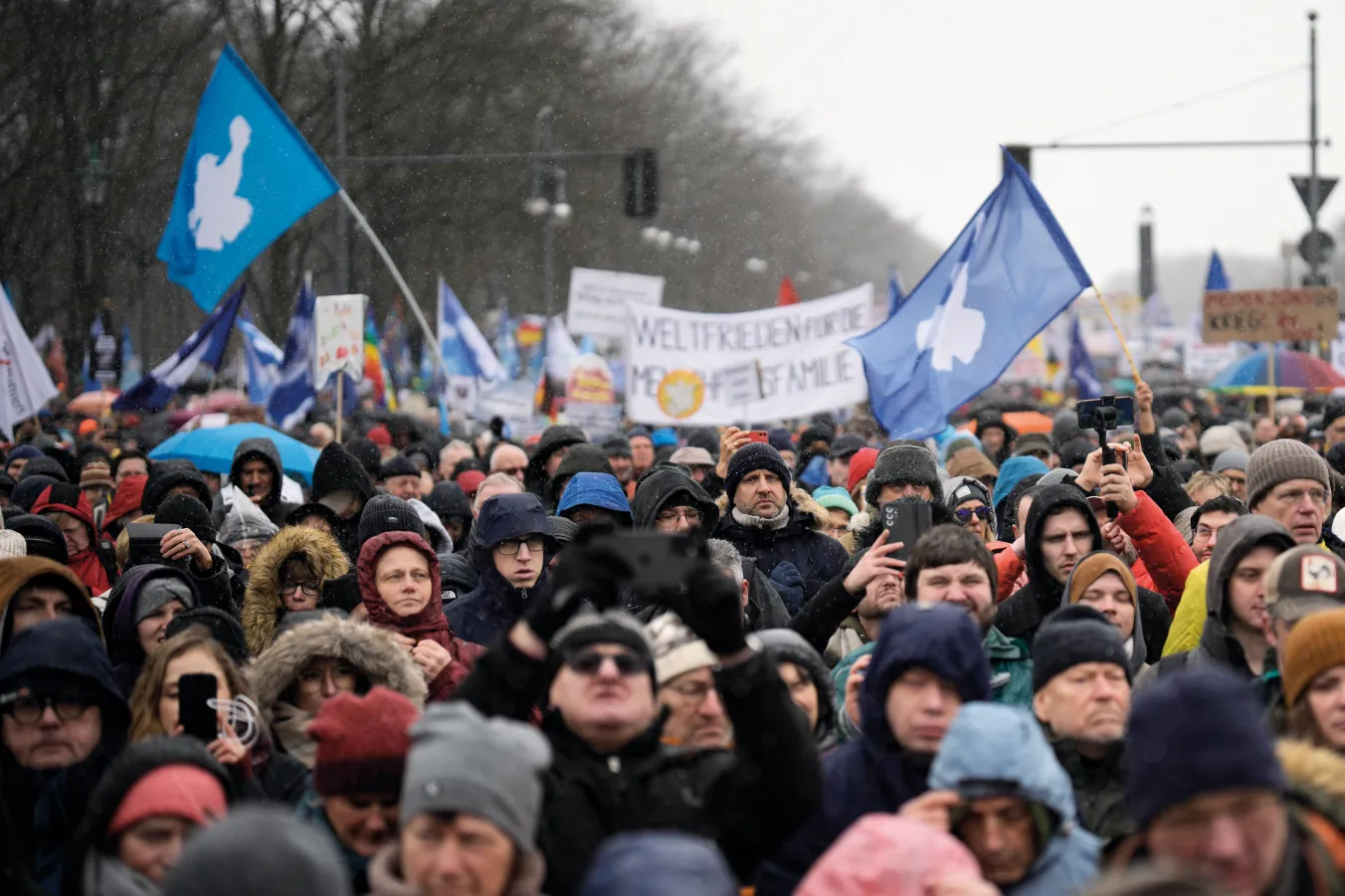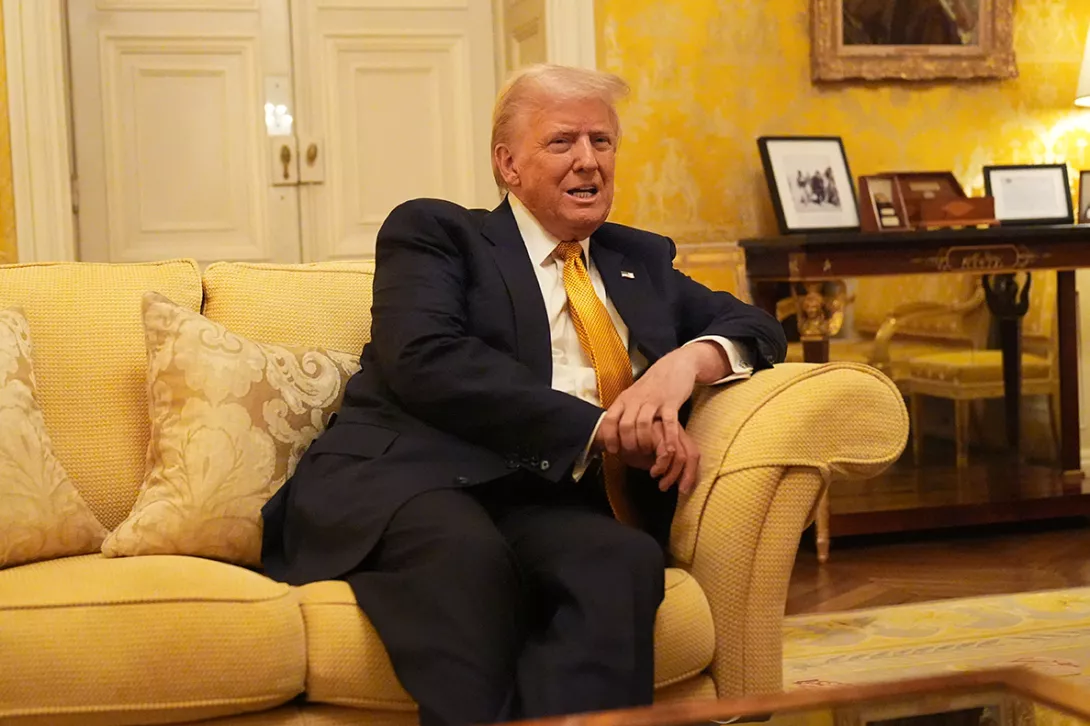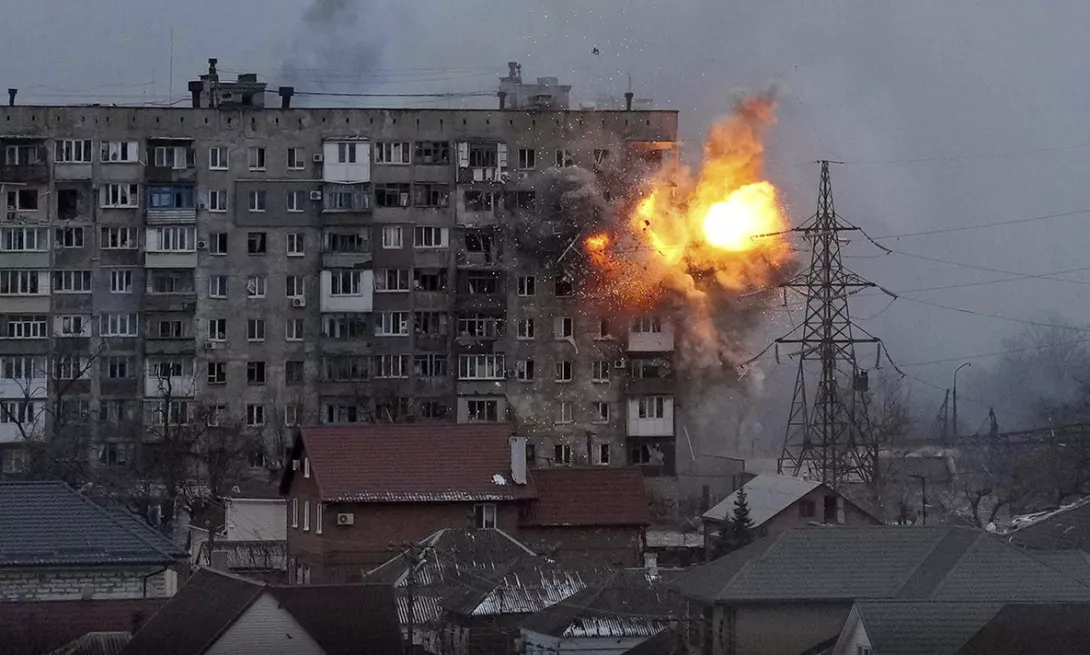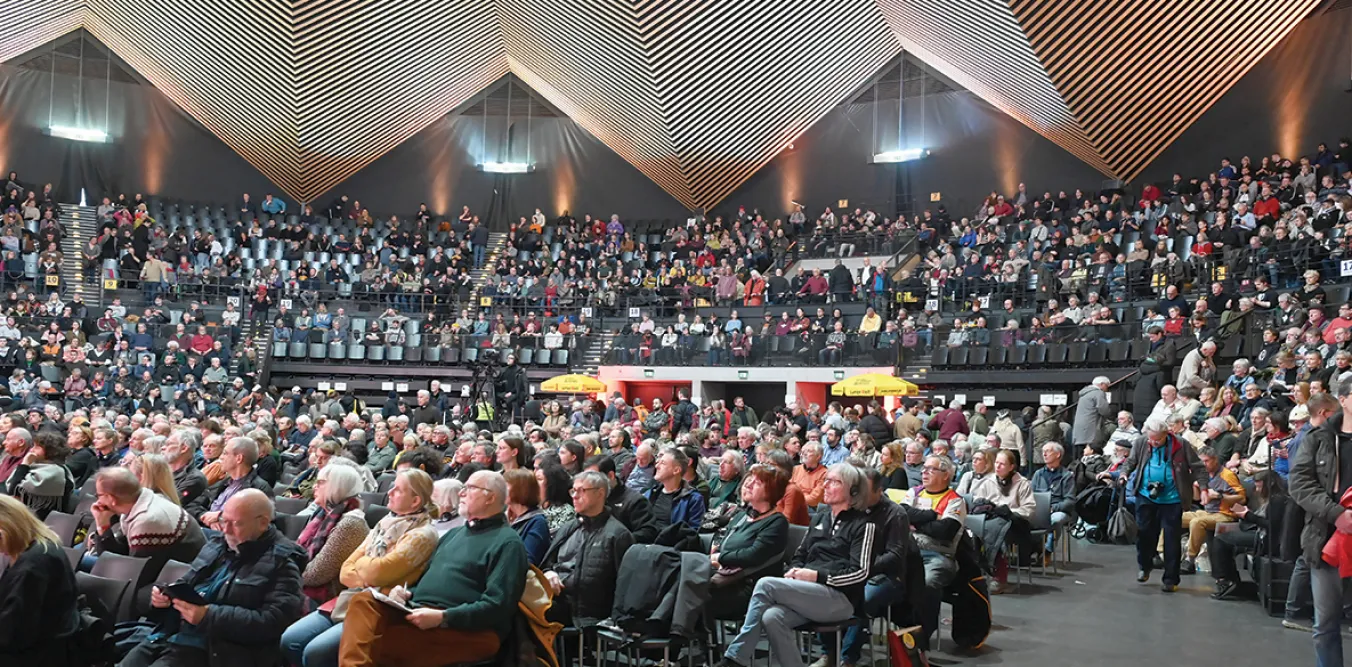
BERLIN’S annual Rosa Luxemburg Conference keeps growing. Upgrading this month to a new, larger venue to accommodate the ever larger number of visitors, and announcing midway through the day that 3,500 people had now passed through the Tempodrom’s doors, it is one of the most important left debating grounds in Germany.
It’s organised by the Morning Star’s German sister paper Junge Welt, and over the years our paper has become an expected presence, with a Morning Star stall, paper sales on the following day’s procession to the graves of Rosa Luxemburg and Karl Liebknecht at the Friedrichsfelde cemetery and media partner status advertised on publicity and the conference screens.
If those links seemed closer than ever this year — with several conference speakers referring to the Morning Star in their addresses — it’s because we face so many issues in common.

